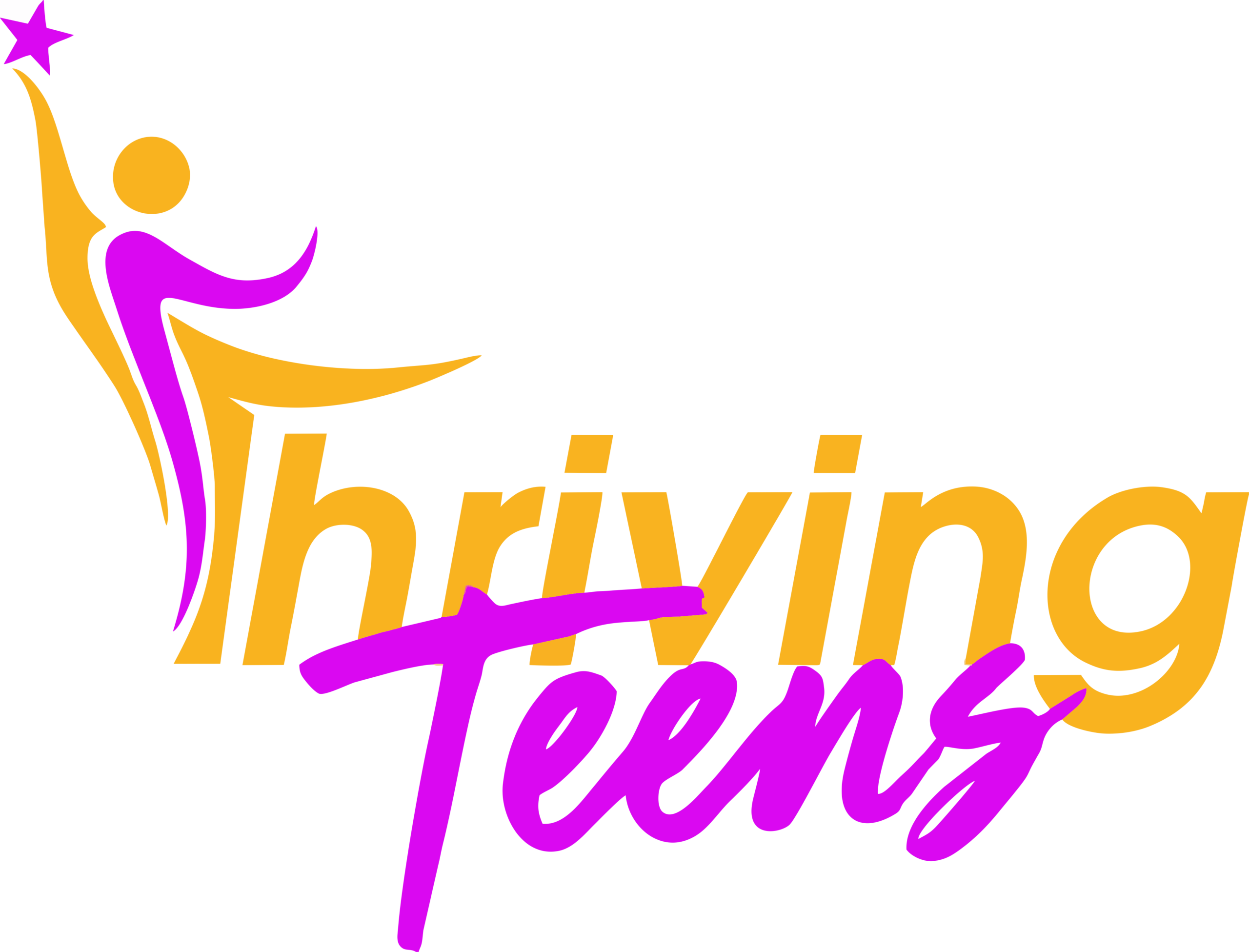What Does HIV-Positive Mean?
When the body’s defence system (immune system) comes into contact with a disease, it produces
germ fighters, called antibodies, which fight off and destroy various viruses and germs that invade
the body. An antibody is found in the blood and it tells us that the person has been infected with a
particular germ or virus.
HIV tests look for HIV antibodies. If the body is making antibodies to fight HIV, then someone is
considered HIV positive. However, there is a “window period” between when a person is infected
with HIV and when a blood test shows that a person is HIV-positive, because it takes the body a little
while to start producing antibodies to fight the virus. It is possible for someone to test HIV-negative
during this window period but be infected with HIV, this is called a false negative. During this
time, people who are HIV infected are able to transmit the virus to others. The window period is generally three months but in very rare cases could be six months. People who have a negative test
result and have had unprotected sex during the past three months are advised to go for another test
in three months. While waiting through the window period, they must avoid being exposed to HIV.
When are People with HIV Infectious to Others?
People with HIV can infect others as soon as they are infected with the virus. People with HIV may not
know they are infected and may look, act and feel healthy for a long time, possibly longer than 10 years.
It is impossible to tell from looking at someone if he or she is infected.
From HIV to AIDS
As with other infections, when HIV enters the body, the immune system produces a response to try to
fight off the infection, by producing antibodies. However, these are insufficient to battle against the
growth and multiplication of the virus, which slowly destroys key cells in the immune system. HIV slowly
weakens the immune system and eventually the body cannot fight off even mild infections. At this
point, people become very sick from a range of different illnesses, including the common cold, fungal
infections, cancer, or tuberculosis.
Most people who have HIV do not become sick right away. In some cases, it can take as many as 10 years or more for a person to develop AIDS. People can stay healthy longer by eating well and getting prompt treatment of illnesses and infections. The most common signs that someone has AIDS are diseases such as tuberculosis or pneumonia. However, the following can also be signs that someone has AIDS:
General: general weakness, weight loss, swollen lymph nodes, swelling of the limbs, hair loss,
shingles or herpes zoster
Skin and Hair: itching, boils, rashes, wounds, infections due to bacteria, thinning of the hair,
early graying of hair
Chest: cough, chest pain, difficulty breathing, tuberculosis (TB)
Digestive system: diarrhoea, difficulty swallowing, poor appetite, sore mouth, nausea, vomiting,
abdominal pain
Head and nervous system: headache, memory loss and confusion, tingling and numbness of
limbs, convulsions, confusion, coma, weakness of one side of the body, anxiety and depression,
meningitis
Reproductive System: genital discharge, genital ulcers, pain when urinating
Cancers: cancer of cervix, Kaposi’s sarcoma, lymphomas
Although the above can all be symptoms of AIDS, the only way to tell if a person is infected with HIV
is by testing, because the above can be symptoms of other illnesses or diseases.

